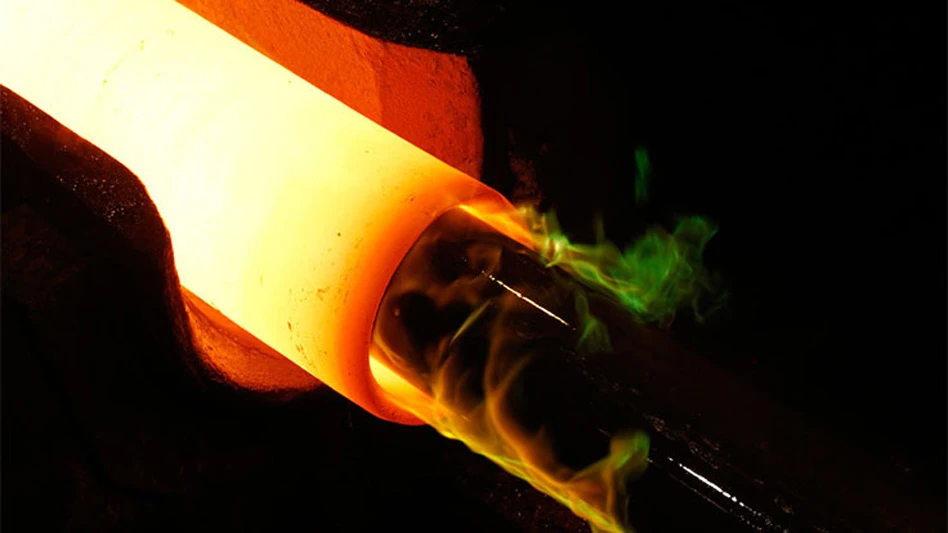
Photo courtesy of the United States Steel Corp.
The Washington-based American Iron and Steel Institute (AISI) has sent a letter to members of Congress in support of the Leveling the Playing Field 2.0 Act, which the group says is designed “to crack down on unfair trade practices and enhance the enforcement tools needed to combat repeat offenders of U.S. trade remedy laws.”
Consideration of the legislation, which was introduced last June, comes at a time when two of the world’s largest producers of basic materials—China and Russia—are facing circumstances that, in theory, should cause them to either produce or export less of those materials.
In the case of Russia, sanctions put in place since its invasion of Ukraine include actions to make it expensive or difficult to import Russian-made steel, aluminum, stainless steel, copper and other metals.
China has long been looked at with suspicion by basic materials producers in some other nations as hosting overcapacity in materials ranging from metals to virgin plastic.
While metals such as steel and aluminum have attracted the most scrutiny, last month, the Brussels-based European Recycling Industries Confederation (EuRIC) expressed an objection to plastic resins shipped from Asia to Europe. The group says such shipments are undercutting the European market and some may not even consist of recycled content, although labeled as such.
North America also has seen a boost in recycled plastic, including PET, arriving from Asia, according to Houston-based commodities consulting company ICIS.
In the metals sector, U.S. metal producers at times have accused Chinese aluminum mills and steelmakers of first shipping metal to Mexico or other nations for eventual trans-shipment to the U.S. market.
Such evasion is why AISI has sent its letter to the chairs and ranking members of the House Committee on Ways and Means and Senate Finance Committee.
“Our trade laws have not kept up with the unfair trade practices of China and other nations that circumvent and evade trade enforcement measures and subsidize steel production,” AISI says.
The trade group cites as an example the Belt and Road Initiative of China, which AISI says has resulted in an expansion of the nation’s subsidized steel production into Southeast Asia. Such cross-border subsidies are not currently subject to our trade remedy laws, AISI says.
AISI is urging legislators to incorporate the provisions of the Leveling the Playing Field 2.0 Act in any trade legislation that moves through Congress this year.
The legislation, according to AISI, expressly gives the U.S. Department of Commerce the authority to use countervailing duty laws to address practices considered tied to cross-border subsidies.
The trade group says the Leveling the Playing Field 2.0 Act has garnered broad bipartisan support and, as an example, says the House Select Committee on the Chinese Communist Party released a report last December that included a recommendation to enact the bill.
“Strengthening our trade remedy laws is essential to ensuring that our government has every tool available to fight for the American steel industry and our workers,” AISI concludes.
The AISI letter to members of Congress can be found here while the text of the Leveling the Playing Field 2.0 Act also can be found here.Latest from Recycling Today
- Lautenbach Recycling names business development manager
- Sebright Products partners with German waste management equipment company
- WasteExpo transitions to biennial format for enhanced experiences
- Study highlights progress, challenges in meeting PCR goals for packaging
- Washington legislature passes EPR bill
- PureCycle makes progress on use of PureFive resin in film trials
- New copper alloy achieves unprecedented high-temperature performance
- Gränges boosts profits and sales volume in Q1 2025





